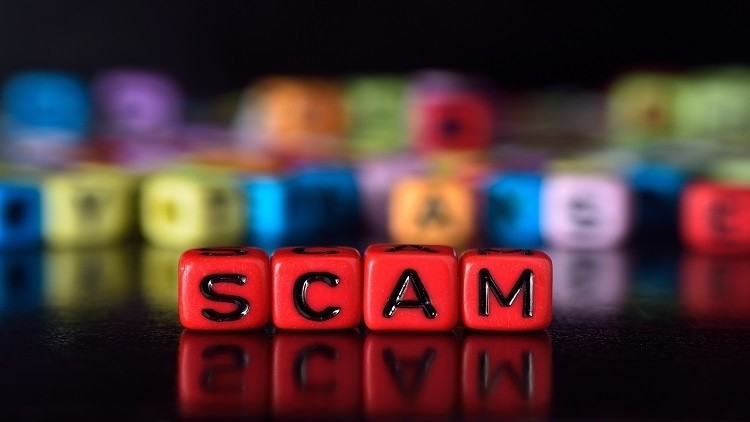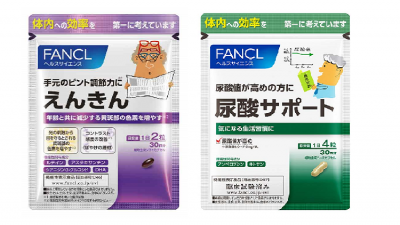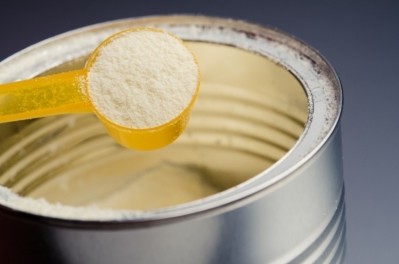Bad ads: Chinese authorities name and shame health food firms for marketing breaches

Out of the list of 30 cases, the violators ranged from health foods manufacturers, distributors to other public service channels such as hospital, TV and radio stations.
One of the health food firms which was slapped with a heavier fine was dietary supplement contract manufacturer Weihai Baihe Biotechnology based in Shandong.
The firm had circulated advertisements on health foods that claim to prevent and treat diseases on its WeChat account, hence, violating the Advertising Law.
In March this year, the authorities ordered the firm to stop circulating the illegal advertisements and a fine of RMB$220k (US$32k).
Even public services such as the hospitals, TV and radio stations were also caught violating the rules.
An example is Ningxia Television. The company had released a kidney product that claims to be “an old remedy that specifically treats kidney weakness in men”. Other claims include “prostate diseases disappear in 30 days” and “top Chinese medicine that strengthens kidney weakness.”
In response to queries from NutraIngredients-Asia, regulatory manager Charles Diao from US-China Health Products Association (US-China HPA) opined that a lack of understanding of current regulations might not be a major factor for the prevalence of fake advertisements on TV and radio channels.
“Maybe some of them have a lack of understanding towards the definition, but that won’t be the major reason, as it obvious that some ads are exaggerating the effects.
“Traditional media are not doing well with the rise of new media…In this case, I don’t think they have many other choices than to make as the ads because they provide income,” he said, adding that the National Radio and Television Administration (NRTA) had banned fake ads and warned the TV stations.
On the other hand, Cathy Yu, GM (Food Business Division) at CIRS also echoed that besides a lack of regulatory knowledge, manufacturers might have purposely risked the possibility of violating advertisement rules because they wanted to reap higher profits.
“The government will become even stricter when it comes to product claims and advertisements. The different government departments are also constantly educating companies and we think that more firms will pay attention to this area of making product marketing claims,” Yu said.
100 day operation round up
On the other hand, the SAMR had also published a list of classic case studies caught during a recent 100-day clamp down.
A total of 25 cases were publicised. In addition to fake and illegal advertising, some of the violations pertain to the use of extreme wording during product marketing, adding prohibited additives, and producing products in the disguise of other brands.
Health food manufacturer Malilai was found to have market a product – a powdered beverage made from grains and vegetables as an “organic” product without attaining the organic status in the first place. It was also lied in its advertisements that its products are patented.
In addition, it also made product claims using extreme wording, such as “activating the immune cells, able to promote the immune system to functionally normally”.
The firm was fined RMB$500k(US$72.8k).
Illegal products online
A number of cases also exposed incidences of health food products containing prohibited substances finding their way into popular e-commerce sites, such as Taobao.
Another case involved the misuse of other brand names and adding prohibited substance – sibutramine – into coffee that claims to promote weight loss.
The Chinese authorities have banned the production, sales, and use of sibutramine in medicines in October 2010.
The authorities were alerted after receiving complaints on consumers falling sick after consuming weight loss coffee bought from Taobao and other e-commerce platforms.
The police later uncovered an illegal processing site in Henan, where the accused, who did not possess a legal food production license,
The case, which amounted to criminal charges, was handed over to the police and a total of nine accused were caught.
Another case involved the purchase of weight loss pills containing poisonous and harmful substances, which are later repackaged and sold via the online shop “Feizi Yihao (菲姿一号)” on Taobao.
Six accused were arrested under the charges of producing and selling poisonous and harmful foods.












